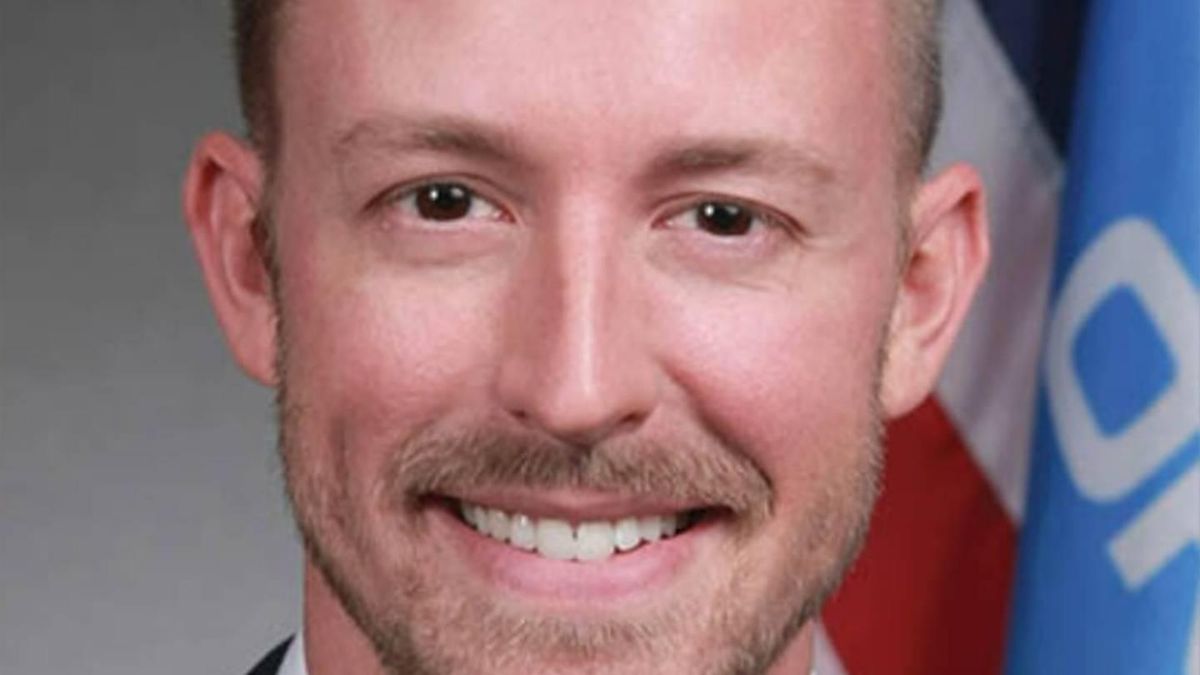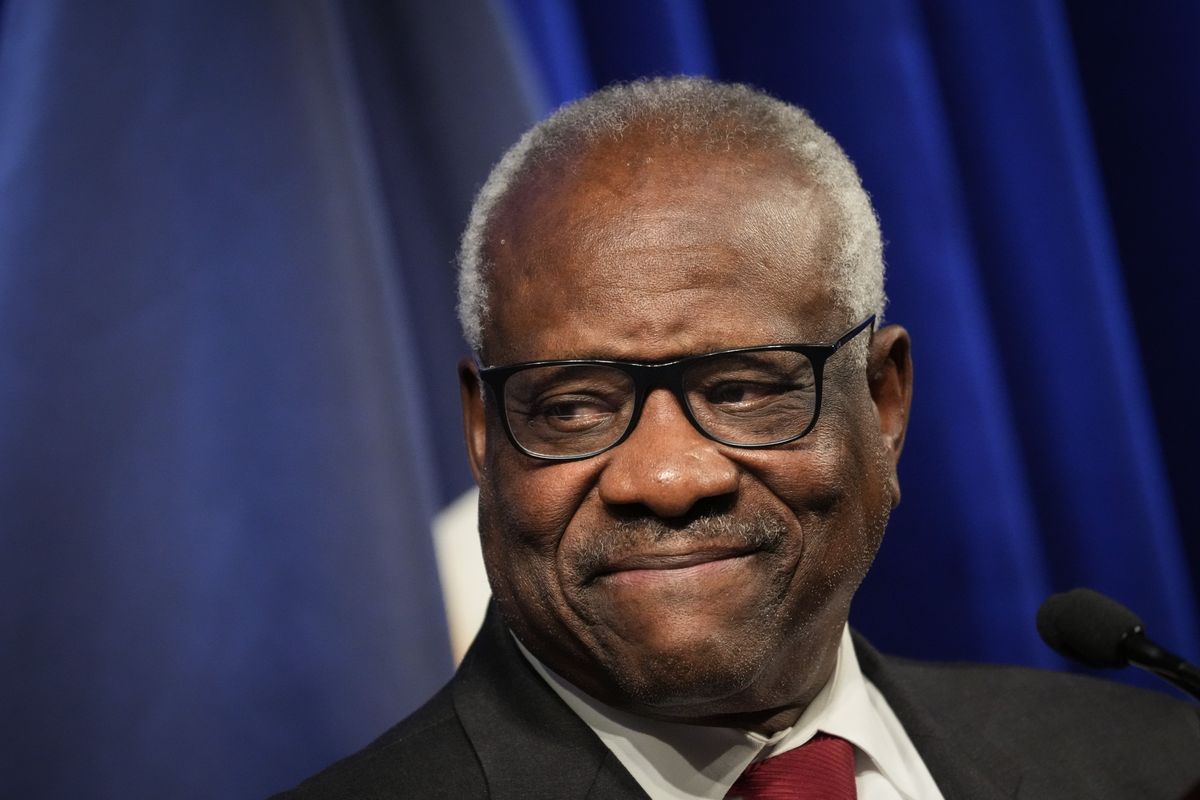Ethel Brooks: The first Roma professor in the US
Nadine Mena Michollek in Washington
DW
July 8, 2024
As a child, Ethel Brooks was told, "Gypsy, go to the back of the class," but despite the racism she experienced growing up, she became America's first Roma professor.
Ethel Brooks is a professor and chair of Women's, Gender and Sexuality Studies at Rutgers University, New Jersey
Nils Huenerfuerst/DW
News about Ethel Brooks' success spread quickly within the Roma community in Europe: "Have you heard?" people would say, "We have a Roma professor in the US!"
There are perhaps a handful of Roma professors in the world, and one of them is Ethel Brooks, the first in the United States.
Any Roma person who makes it to the top is well known in the Roma community: Livia Jaroka, the first Romani woman in the European Parliament, for example, or Nizaqete Bislimi-Hoso, a successful lawyer in Germany or Esma Redzepova, who is often called the queen of Roma music.
Racism is a barrier
These Roma are well known within the community because racism against Roma often makes it impossible to rise through the ranks. Ethel experienced this racism herself firsthand.

Roma often face discrimination on various levels — not only in the US, but throughout Europe, too
Omer Messinger/Getty Images
"There were many times my fellow schoolmates would say, 'oh, Gypsy, go to the back of the class,'" she says, adding that back then, although it made her feel angry and hurt inside, she never expressed these feelings out loud.
When Ethel speaks, there is no anger in her warm voice. Yet despite the warmth, the sadness is evident.
From trailer to one of the US's top universities
It's one of those hot, cloudy, humid summer days at Rutgers University in New Jersey, an old college campus that gives off Gilmore Girls, Yale and Ivy League vibes. The rain has just stopped. It's quiet. There are no students. The summer break has just begun.
Ethel Brooks has come a long way: The woman who grew up in a trailer is now standing smiling in front of an old black-and-red metal gate at the US university where she works.
Ethel's mother, aunts and uncles weren't even allowed to go to school. Back then, she says, the municipality said "those gypsy children" were not going to school anymore.
200 years in the US
Ethel's home office is flooded with light. There are large, colorfully patterned cushions on window seats. Her home is as picturesque as an Airbnb commercial or a house in an Instagram reel. Black and white pictures of tall, muscular horses hang on the walls.

'I want to create critical knowledge that not only supports us Romani people, but marginalized people everywhere,' says Ethel Brooks
Nils Huenerfuerst/DW
Ethel's family is from Massachusetts. They have been in the US for 200 years and used to trade horses between the US and Europe. Today, her family lives in Massachusetts and New Hampshire, where Ethel grew up.
Racism still present
There are an estimated one million Roma in the US. Many US Americans don't know much about Roma people. Some don't even know that Roma people actually exist and are a real community.
Nevertheless, many American sitcoms and movies reproduce Roma stereotypes, often in jokes, saying that Roma people steal, do fortune-telling and are witches.
Ethel says that there is racism, especially where larger communities live. "There's a whole kind of thing about 'don't get your car fixed by these guys because they're gypsies and they'll screw you over,'" she says.
From India to Europe
Racism against Roma has been around for hundreds of years. Experts say that Roma originally migrated from India — probably fleeing violence and for economic reasons — and arrived in Europe sometime around the year AD 1000. Linguists support this theory because the old Indian language Sanskrit is the basis of the Roma language "Romanes."
It is estimated that there are about 12 million Roma in Europe today.
The Roma community is diverse. Its members can be found all over the world, with different traditions and religions and speaking different dialects.
But despite these differences, Ethel feels that the global Roma community is united by one thing: "The ways in which we respect and care for our elders and the ways in which we adore our children," she tells DW.
She stresses that it is all about caring for each other, providing mutual support and, as she says, "really feeling like all of us are in this together, sometimes against the world, because we know what it means as Romani people to experience racism and discrimination and marginalization."
Support from her family
Ethel also got this kind of unconditional support from her family. She leafs through a pile of old documents that includes papers, photo albums full of black-and-white pictures and local newspaper articles from her high school years. Her parents collected all these things because they are a record of Ethel's achievements: spelling bees, competitions, speeches and prizes.
Her parents took her to the local library and wanted her to do well in school. As a university student, Ethel's father even went without medicine so the family would have money to buy her books. She didn't know this until after he died.
Ensuring accurate knowledge about Romani people
The walls of Ethel's office are lined with bookshelves. Here and there are small picture frames with old family photos of grandmothers, aunts and uncles.
Ethel Brooks is a professor and chair of Women's, Gender and Sexuality Studies at Rutgers. She researches on topics such as critical political economy, globalization, feminist theory, nationalism and post-colonialism.
She told DW that she got her PhD and became a professor to create a pool of accurate knowledge because when she started out as a university student, she couldn't find such information about the Roma community.
Books full of racism
"The first fall holiday, I brought home stacks of books about Roma to my family," she says. Ethel sat down with her aunt and mother, and they began to read together. "I said to them: We are doing it wrong. We don't know how to be Romani, because look, these books are saying you're supposed to do it this way."
Her aunt looked at her and said: "If I don't know how to be Romani, nobody does. These books are wrong." The books were full of racism and stereotypes.
As a professor, Ethel wants to change that. "I want to create critical knowledge that not only supports us Romani people, but marginalized people everywhere," she says.
Appointed by President Obama
Racism against Roma reached its peak during the Nazi genocide of World War II. Germany only recognized the genocide of the Sinti and Roma in the 1980s.
Former US President Barack Obama appointed Ethel to the United States Holocaust Memorial Council.

Stone at the Sinti and Roma Memorial in Berlin engraved with the words 'Lublin Majdanek' — a former concentration and death camp near Lublin in Poland, where many Roma and Sinti were killed
Juergen Raible/akg-images/picture alliance
Ethel says this was important not only for her, but for Romani people in the US and for Sinti and Roma worldwide. She says that this appointment was a way of saying: "Here we are, and we're finally able to recognize the kinds of losses that our people suffered under National Socialism, in the Holocaust, at the hands of the Nazis."
Ethel works at a university attended by many students from marginalized groups. She knows what that feels like and wants to empower these students to claim their place in the world.
"Understanding who we are, can make us so powerful," she says. "Survival for us is something that defies the logic of history, the trajectories that are understood by history. It's resistance. Resistance is something we can carry on, that we take from our ancestors and that we give to our children."
Edited by: Aingeal Flanagan





















